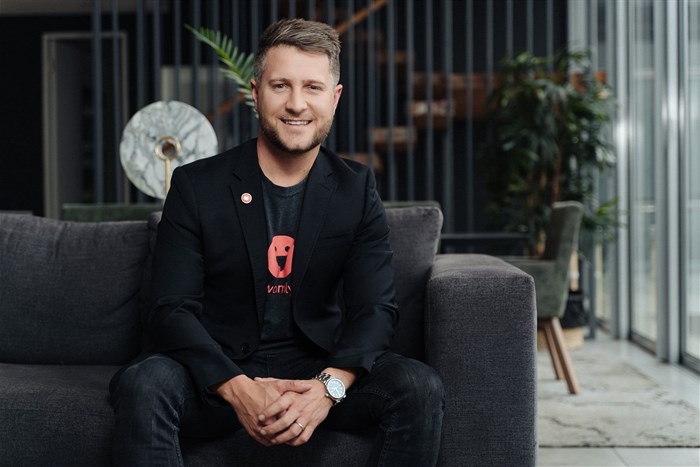While most areas of a business have changed over the past decade, the hiring process for potential staff by HR departments has remained relatively the same. This, however, is set to change with the introduction of new technologies that will save companies money and valuable time that can be spent improving their core business.

Francois de Wet, founder of Wamly
A typical hiring system and process involved placing an advert through local media channels, receiving countless CVs and sifting through them, contacting the top five or eight candidates to set up an interview, and hiring the top candidate from the process.
This system often leads to poor outcomes with HR teams making use of unstructured questions where the most eloquent speaking candidate who is often highly charismatic attains the best scores.
The global Covid-19 pandemic has accelerated the need for technology and digitalisation, forcing companies to adopt digital platforms such as video software Zoom or collaboration software Microsoft Teams, even if they were not necessarily ready for it. However, there are better ways of doing things, and I believe that the companies that will hire the best candidates will be the ones that look to innovative ways to improve the recruitment process.
Here are four ways that hiring will change in South Africa in the future:
- One-way video interview software
By making use of one-way video interview software, such as Wamly, an organisation can save time on doing lengthy interviews with candidates who would not be suitable for a position.
Instead of a face-to-face interview, potential candidates can be sent a link whereby they complete a one-way video interview with a pre-set list of questions and a time limit.
The interview panel can then go through the recorded interviews in their own time, reducing the need for meetings where everyone has to be present, and wasting valuable time.
- The introduction of integrated recruitment management software
A few years ago, the HR industry embraced integrated talent management software as a means to perform traditional HR functions. This includes functions such as workforce planning, performance management, learning and development, reward and recognition and succession planning.
The traditional way of hiring not only took too much time but also left too much room for human error to occur. Therefore, integrated recruitment software will be introduced, which streamlines and automatises the entire procedure, removing the room for human error to occur and reducing the impact of human bias. From the job requisition, to integration with job boards, to one-way video interview as well as scheduling real-time interviews, all integrated.
- The oncoming talent wars
Due to the global disruption brought about by the pandemic, most companies are now comfortable having their employees working remotely. This has given employees the opportunity to work from locations that suit their lifestyles.
The result is that companies who would usually only hire people living in the country, will now be open to hire people from around the world – increasing the competition for skills.
This means that recruitment companies will have to be more agile in their hiring processes, to be highly innovative and most importantly – to be quick.
- The growth of data during hiring
Data will increasingly be utilised as a key way to identify and hire key talent. Not only will data be used to evaluate suitable candidates across thousands of profiles, but it will also be used to build personality profiles to understand if there is a position for which the candidate might be better suited for.
The use of data saves companies valuable time that they would spend trying to evaluate whether a candidate is suitable, and can reduce the role bias of a panel during the hiring process.
These technologies reduce the risk human bias plays during the hiring process, ensuring that a candidate has the necessary skills and competencies for a role.



































